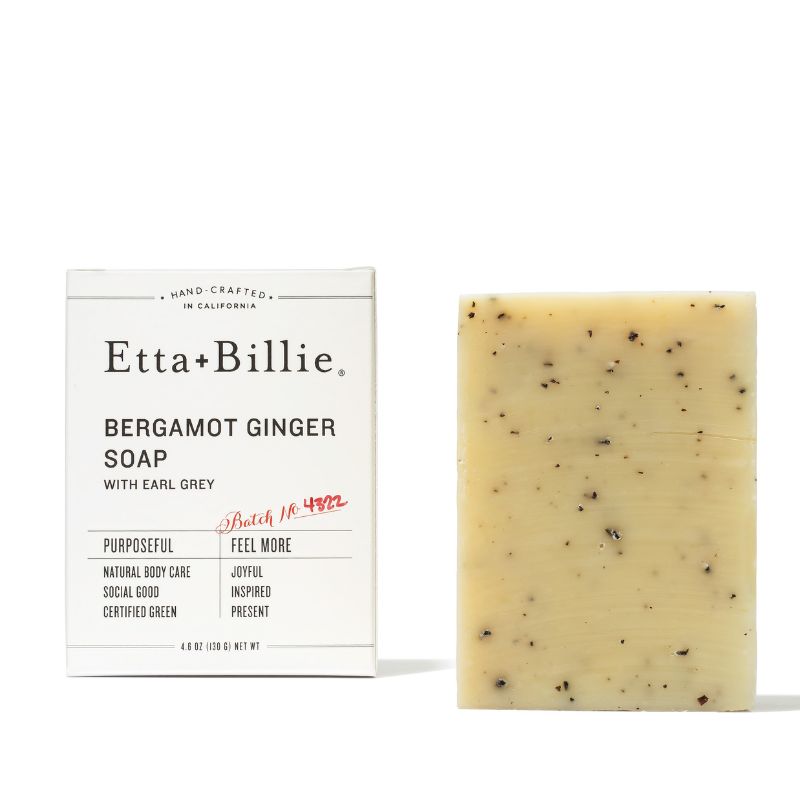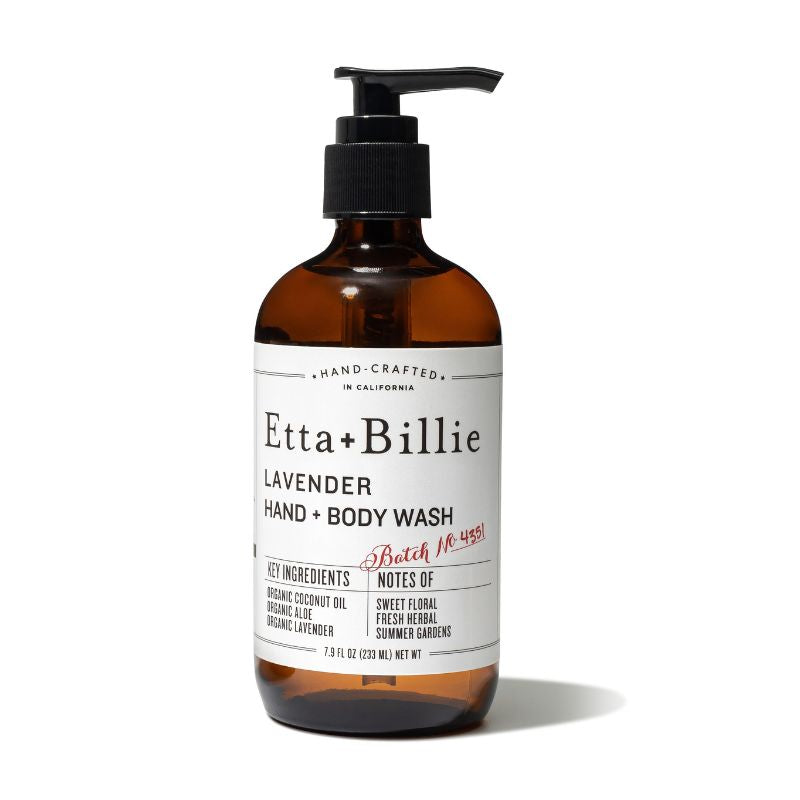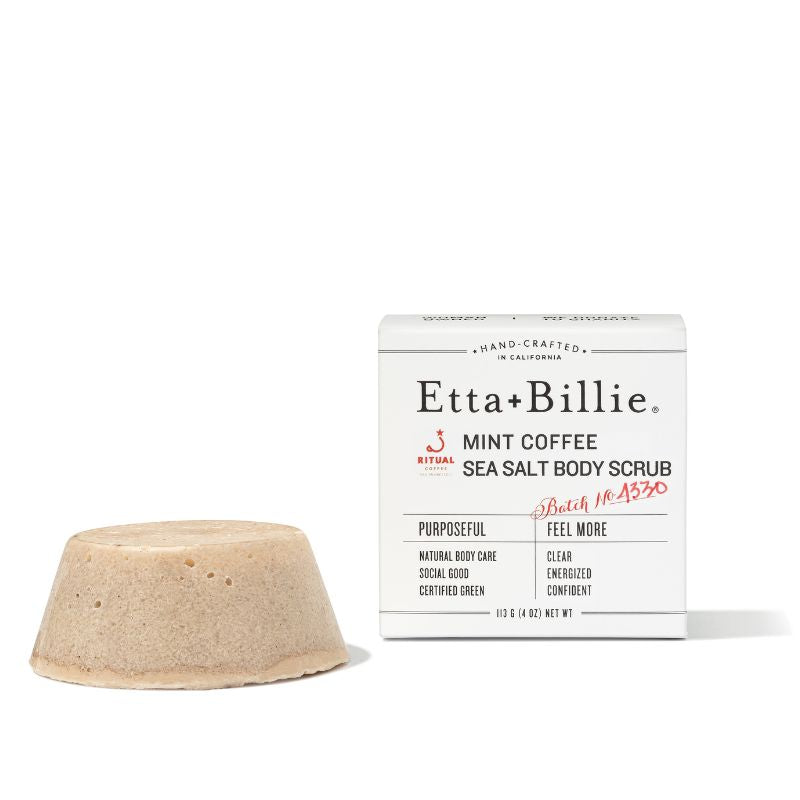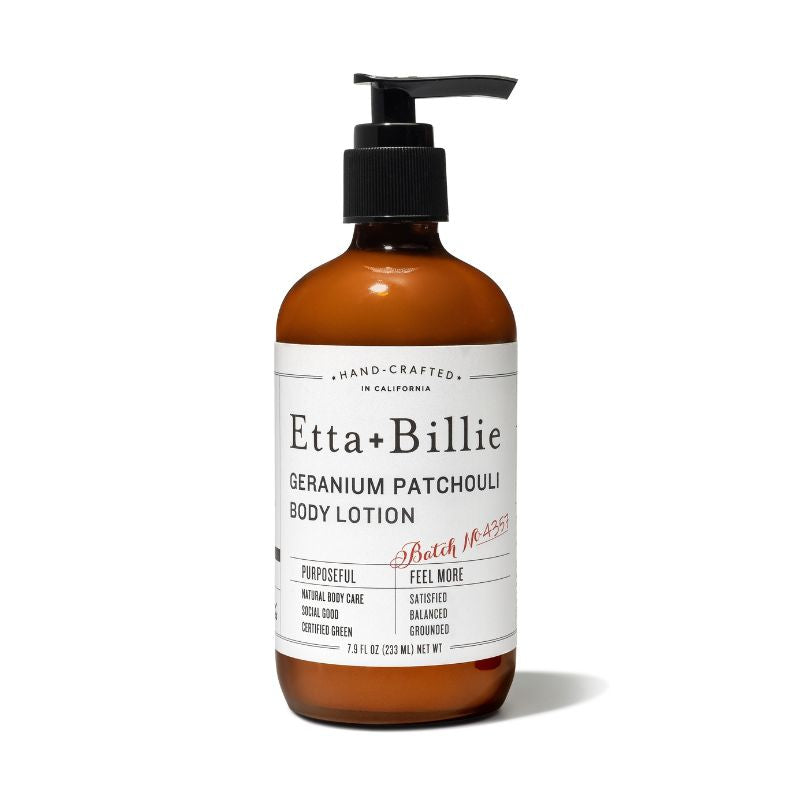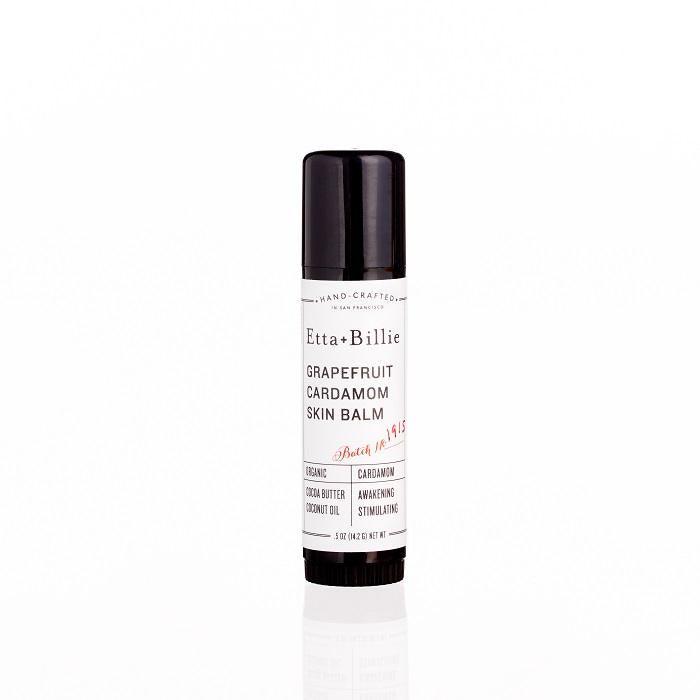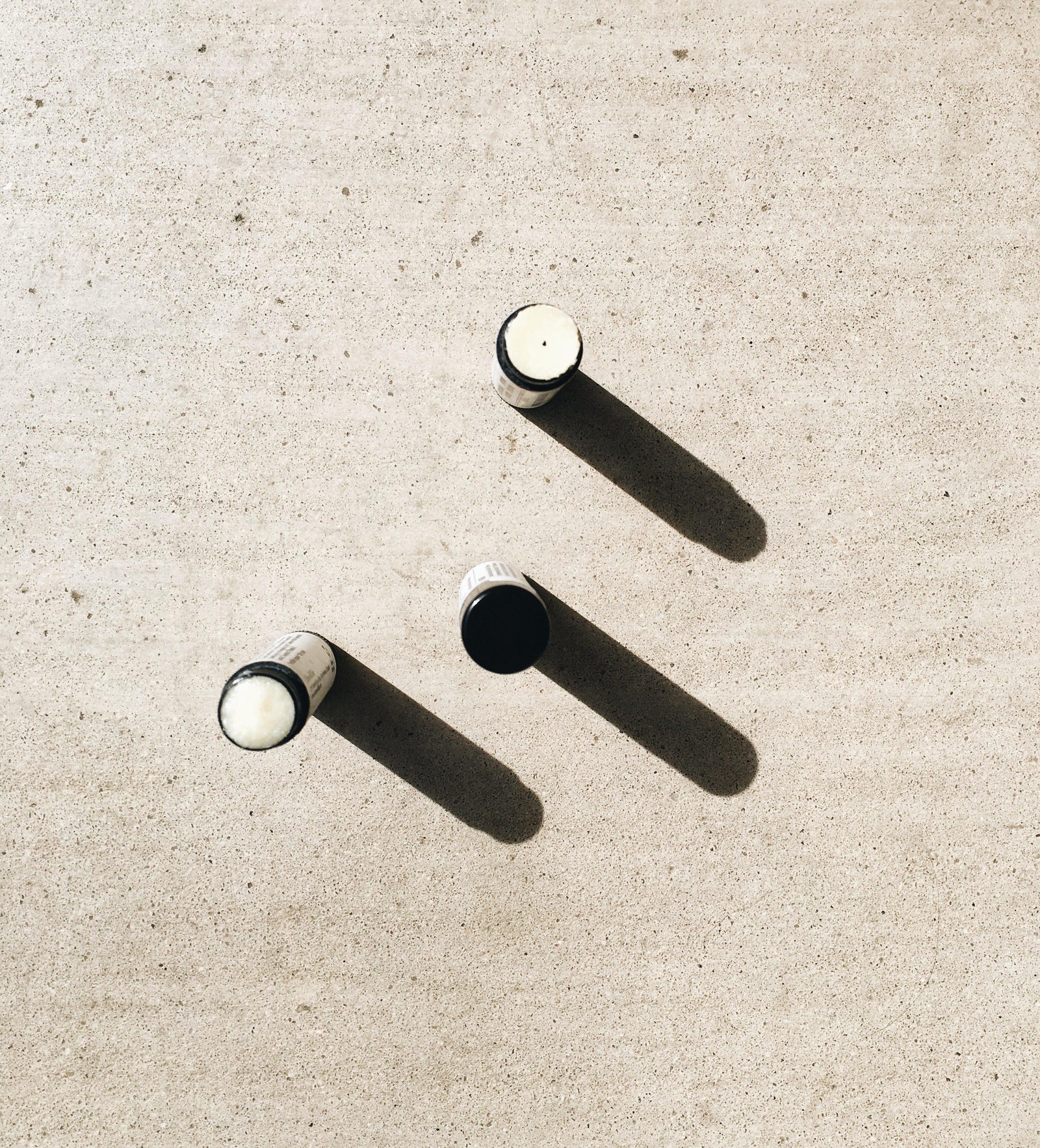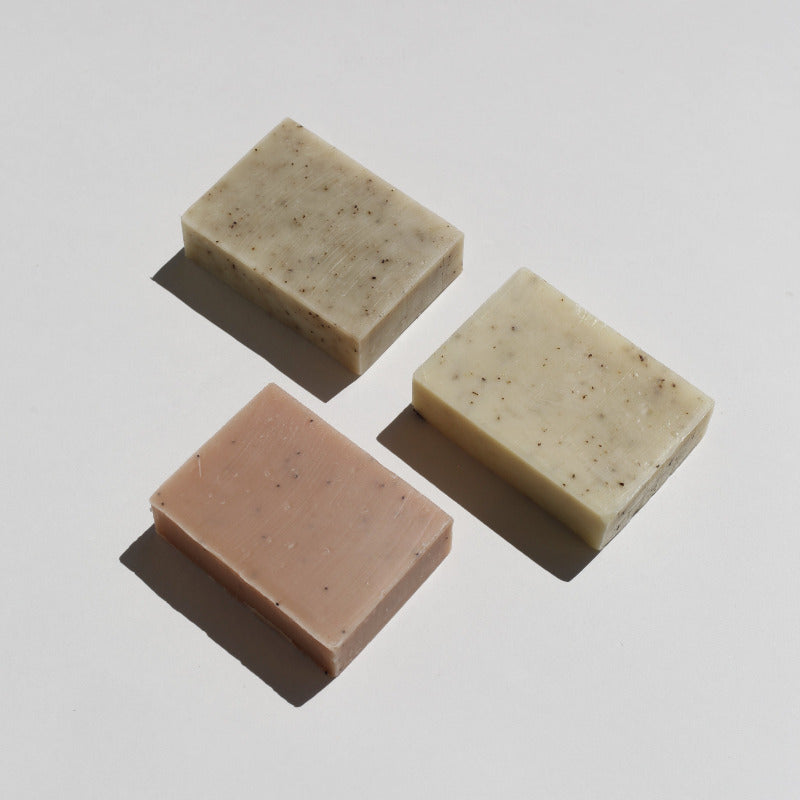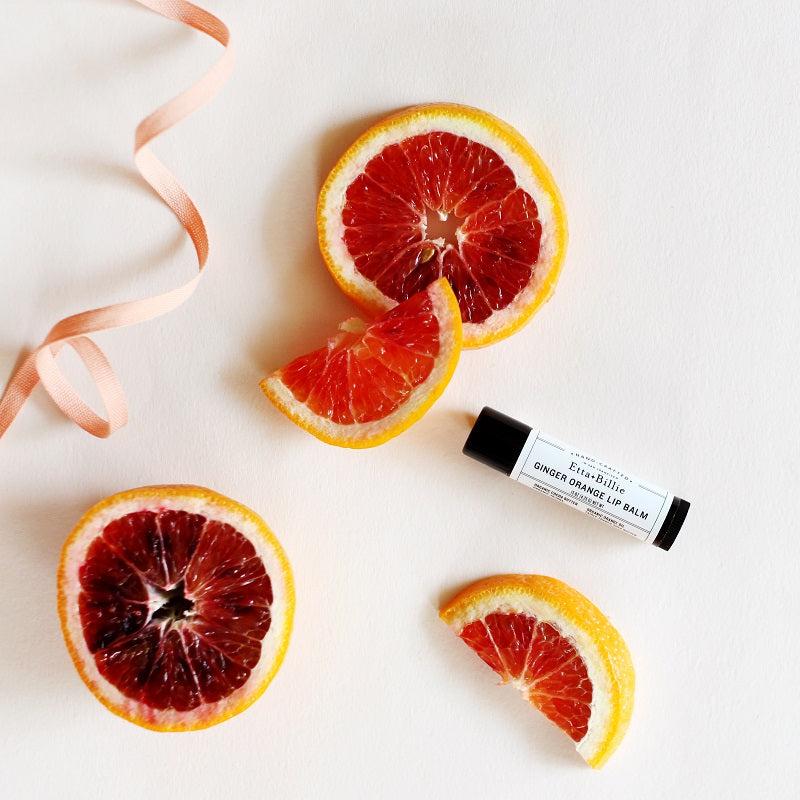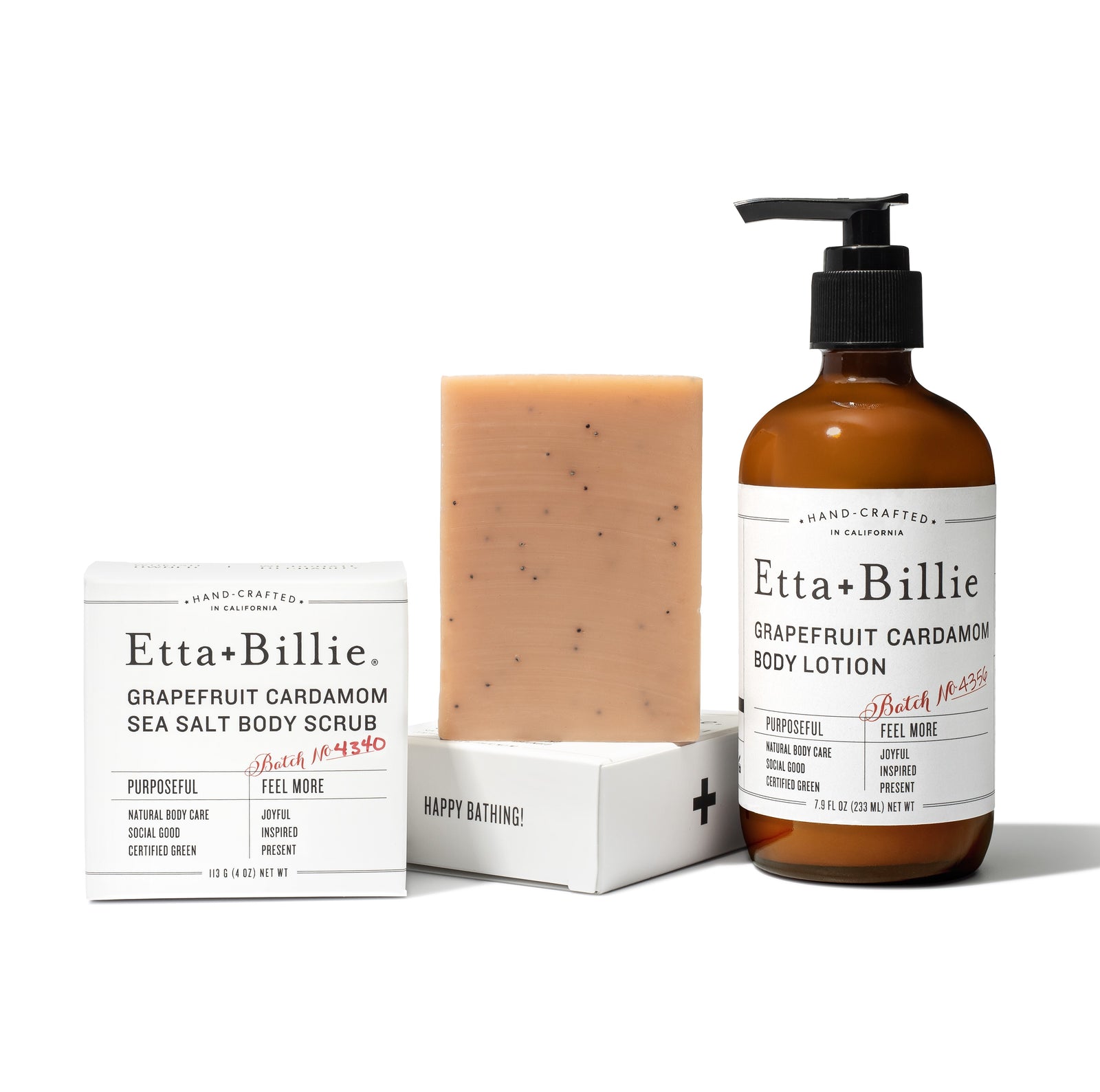Your Cart is Empty
OUR NEXT LIMITED EDITION ReLEASE IS SUMMER 2024
OUR NEXT LIMITED EDITION ReLEASE IS SUMMER 2024
MOISTURIZE
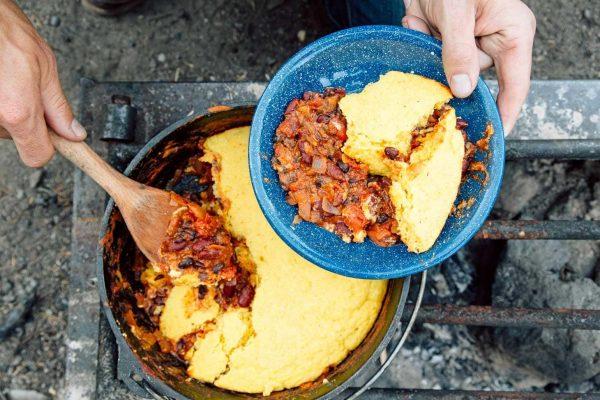
Go-To Tips: Better Camping Meals
August 16, 2018 4 min read
Camping, depending on your outdoor expertise and hiking level, can vary from “glamping” to completely roughing it in the wilderness. But being away from your home and its kitchen doesn’t mean you have to eat trail mix during your entire camping trip! Here are a few tips, tricks, and hacks to help you eat well while still being able to pack light and remain environmentally friendly on your next camping trip.
General Tips
 Photo by:Fresh off the Grid
Photo by:Fresh off the Grid
Cookware
When camping, you always want to limit the amount of things you need to bring with you. When you are packing your cooking items, consider limiting yourself to multi-use items that can be used to cook in a number of different ways.
If you are camping in a car, trailer, or will not have to transport your gear far by foot:
Instead of one or several small- to medium-sized pans, consider bringing a wide, flat griddle orcast iron skillet that you can cook multiple items on at once (Being able to cook eggs, bacon, and pancakes at the same time will speed up your breakfast cook time!). A griddle will also likely pack much easier than a pan or two, which are rounded and have handles that stick out.lDutch ovens are another great option. They can be used as both a pot for stews, soups, chili, etc. as well as enclosed ovens for baking meals over a fire. Dutch ovens can also be used over propane stoves if open fires are not allowed within your campground. And if you want to limit clean up efforts,dutch ovens can also be fitted with disposable liners (parchment paper or aluminum foil). Just be sure to take all your trash with you!
If you are camping in a tent:
If you will be traveling on foot, you won’t be able to carry heavy dutch ovens or cast iron skillet with you. Instead, pack a small, lightweight aluminum or titanium pot and pan. Your pot can double as a cup and your pan can also be used as a plate to cut down on what you need to fill your pack with. You’ll also want to bring aluminum foil. Not only does it not take up much room, but you can use it to wrap root vegetables like potatoes or carrots and even meat and fish, then throw them into the coals of your fire to cook without having to worry about getting a mouthful of ash when it’s time to eat.
 Photo by:twopeasandtheirpod
Photo by:twopeasandtheirpod
Food
Before your trip, fill plastic squeezable bottles (you can reuse emptied and cleaned ketchup bottles) with pre-mixed pancake batter, soup broth, homemade BBQ sauce, and other ingredients you’ll want quick and easy access to. This can also help limit the number of utensils you’ll need to bring with you.
If you are camping in a car, trailer, or will not have to transport your gear far by foot:
You will basically have access to a full kitchen, so the sky’s the limit! You can decide on several meals before your trip, anything from pizza and pasta, burgers and ribs, to jambalaya and chicken noodle soup.
If you are camping in a tent:
You’ll want to pack high protein, higher calorie food options that don’t take up much room if you need to carry everything with you. Snack options like trail mix (with dried fruit, nuts, and chocolate if you have a sweet tooth) or beef jerky are classic choices. You can also visit specialty outdoor retailers to purchase freeze dried or dehydrated meals that will limit their size and weight but can still provide you with tasty meal options.
 Photo by:Fresh off the Grid
Photo by:Fresh off the Grid
Fire
Nothing beats cooking over an open fire, but if you are unable to or prefer the control of having a stove, you have options too.
Cooking on a campfire:
A campfire may not offer you the temperature control of a stove, but nothing tastes quite as good as something cooked over hot coals! If you plan on cooking over a fire, it is a good idea to bring your own firewood in case existing log piles have gotten wet or rotten. Many campgrounds also have strict rules against collecting firewood, so this will help you bypass that completely.
Cooking on a portable stove:
If you are camping in damp, wet climate or are having trouble starting a fire due to rain or other environmental issues, having a backup camping stove will save you a lot of stress. They are not only reliable, but are often designed to be lightweight and pack away easily. Depending on how you will be camping, you can select a classic two-burner propane stove or a single burner stove that uses small canisters to provide a flame.
Recipes
Leave a comment
Comments will be approved before showing up.
Subscribe
Sign up to get the latest on sales, new releases and more …


